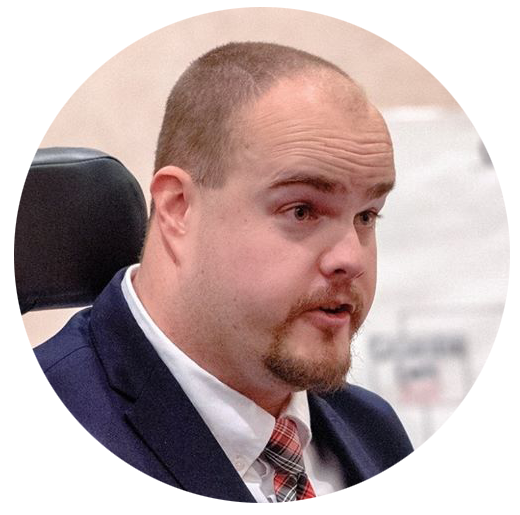Image adapted from Wikicommons by DhLeaks44 / CC BY-SA 4.0
“Conviction: A Series on Criminal Law and Religion”
Matthew P. Cavedon
“conviction (n)
1: the act or process of finding a person guilty of a crime especially in a court of law
2a:a strong persuasion or belief”
Canopy Forum is an online publication on the intersection of law and religion, and Conviction is Canopy Forum’s ongoing series covering the intersection of criminal law and religion. The Center for the Study of Law and Religion focuses on the interactions of law and religion. There are numerous dimensions to this. The Center’s scholarship has closely focused on history – how religions have shaped legal systems and institutions, from marriage to race and beyond. CSLR has also explored philosophy and the ways that religious thinking about justice, mercy, inclusion, and identity change the background conditions for legal thought.In addition, there are places where religion and law meet on the ground, in the practicalities of ministerial employment policies and religious arbitration. There are also constant occasions in the news where religious people and organizations bump into the law.
Every one of these dimensions also works itself out in criminal law. Religious legal systems provided some of the earliest criminal justice in human history. Religion has continued to directly affect the development of criminal law in ways ranging from what speech and sexual acts are criminally punishable, to the use of torture to extract confessions, to the role of forgiveness, to the number of witnesses required to impose the death penalty.
Philosophically, religion has led people to challenge the moral authority of criminal justice systems. One need only think of Dr. Martin Luther King’s Letter from a Birmingham Jail. At other times, it has led people to work to reform it in favor of leniency. At still others, it has inspired demands for restrictions on acts seen as sacrilegious. Criminal law can even become a site for debates about the role of religion in forming a community’s identity.
On the practical side, religions have rules about how their adherents interact with criminal justice systems, such as rules of secrecy, or restrictions on taking oaths. Criminal justice systems, in turn, have their own rules about how they interact with religious people, which aim to reconcile the pursuit of justice with religious liberties.
The day-to-day interaction between religious people and criminal law are likewise apparent: A top Catholic official’s recent acquittal for child molestation, whether states can prosecute people for church gatherings during COVID-19 quarantines, and the botched prosecution of an international Mexican church leader have all made headlines in the past month.
Despite the many ways that criminal law and religion meet, there is no major online platform dedicated to reviewing and exploring these issues. Canopy Forum’s Conviction series aims to fill that gap. Conviction will share news and perspectives on important topics and current events at the intersection of criminal law and religion in an accessible, scholarly, and informative way.
Conviction series editor Matthew P. Cavedon has practiced as a criminal defense attorney in Gainesville, Georgia for the past few years. He holds JD and MTS degrees from Emory University, and a bachelors in the Comparative Study of Religion from Harvard University. His previously published scholarship includes discussions of probable cause and religious objects, recent issues in corporate religious liberty, and medieval Church-state relations. Matthew is a devout Catholic, and has also formally studied Islam and Hinduism.

Matthew P. Cavedon is a criminal defense attorney in Gainesville, GA. He graduated from Emory University in 2015 with a law degree and masters of theological studies.
Recommended Citation
Cavedon, Matthew P. “Conviction: A Series on Criminal Law and Religion.” Canopy Forum, May 27, 2020. https://canopyforum.org/2020/05/27/conviction-a-series-on-criminal-law-and-religion/


